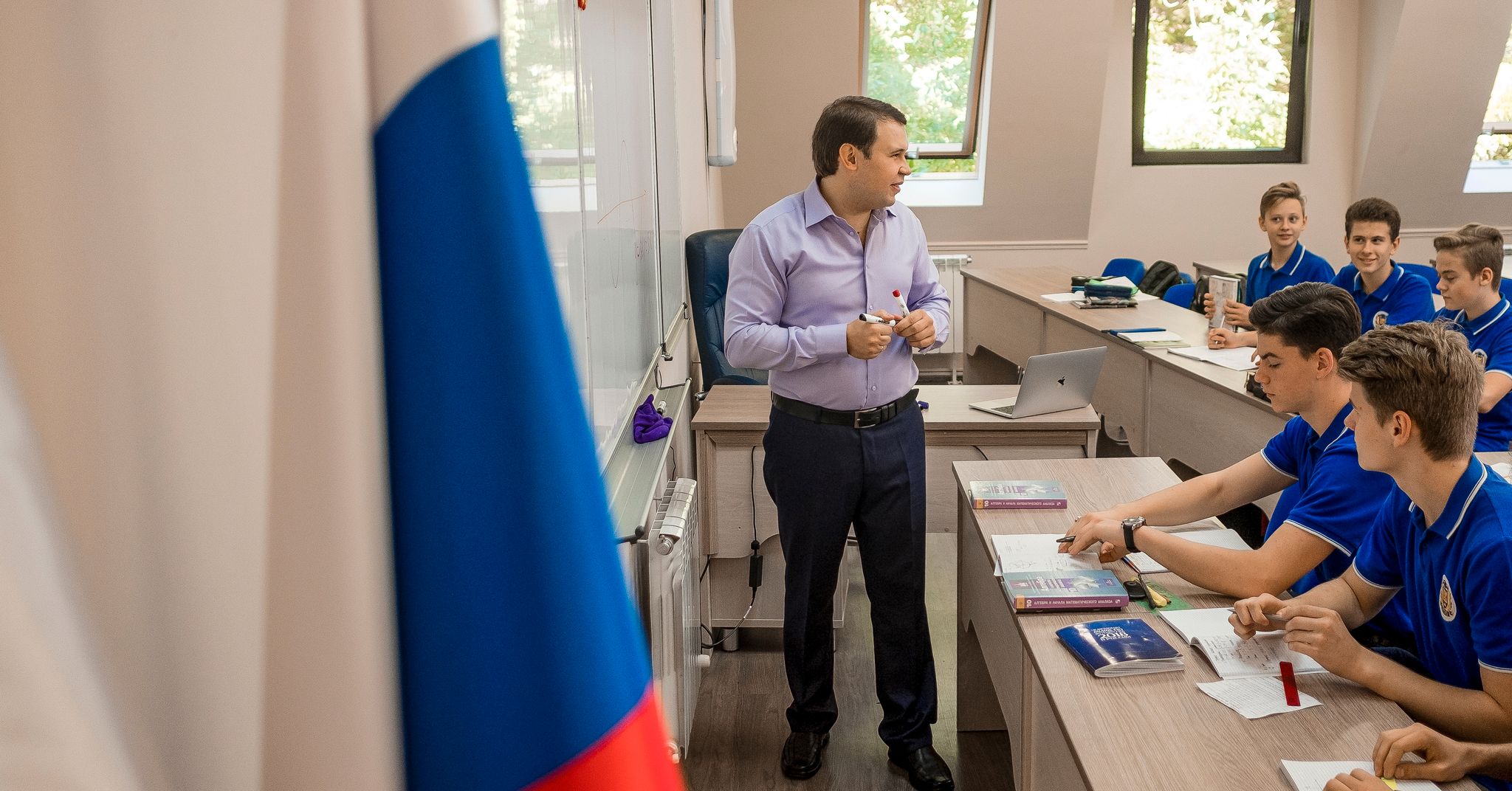This content was published on 19 September 2021 – 09:46
Ankara, Sep 19 (EFE) .- The President of the Turkish Parliament, Mustafa Sentop, on an official visit to Madrid starting this Sunday, assures that his country cannot welcome more immigrants and considers a new migratory wave “inevitable” while the EU does not deliver on its promises.
In a written interview granted to Efe on the occasion of his trip to Spain, Sentop dismisses as “irresponsible and contrary to reason and justice” the suggestion by some European politicians that a future wave of Afghan refugees stay in Turkey, in instead of moving to the European Union (EU).
“As long as the EU does not deliver on its promises and take the necessary humanitarian initiatives, the wave of migration cannot be avoided. Turkey cannot take in more migrants. Everyone has to take their share of responsibility,” says the Speaker of Parliament. Turkish.
SPANISH SUPPORT
During his three-day visit to the Spanish capital, Sentop will meet, among other Spanish representatives, with the president of Congress, Meritxell Batet, and with the president of the Senate, Ander Gil.
Sentop, 53, has been a deputy for the ruling conservative Islamist party AKP since 2011, founded by current Turkish President Recep Tayyip Erdogan.
In the interview, the president of the Turkish Parliament assures that Ankara is counting on Madrid in its efforts to join the EU, assuring that “Spanish support is very important in the face of countries that are prejudiced against Turkey.”
“Lately, our relations with the EU are not progressing as we wish,” admits Sentop, noting that “the problems arise from the side of the EU.”
In that sense, it denounces that Cyprus, whose northern part of the country has been occupied by Turkey since 1974, is blocking the opening of several chapters in the accession process “with the covert support of several countries”, without giving further details.
CRITICALS OF THE EU
He reiterates that the Turkish expectations, while continuing to fulfill the migration agreement with the EU of 2016, are “to accelerate the negotiations, the visa waiver, the update of the customs agreement, regular high-level meetings and greater cooperation against terrorism.”
“The EU should understand that this problem (migration) cannot be solved with financial aid alone,” he says.
The EU “should accept a sufficient number of migrants with an integration program. But it does not even meet its financial obligations,” criticizes Sentop.
Regarding the migratory situation in his country, he recalled that his country currently hosts some four million refugees, including 3.7 million Syrians.
To stabilize the situation, Sentop stresses, Turkey launched a military intervention in northern Syria in 2016 not only to prevent a “terrorist fringe” there but also to curb irregular immigration by establishing a safe zone.
COMMON THINGS
Regarding relations between Spain and Turkey, Sentop believes that the two countries should deepen their bilateral relations because “they have many things in common.”
In this sense, it mentions the first Spanish-Ottoman friendship treaty from 1873 until the creation of the “Alliance of Civilizations” in 2005.
In trade, the “main objective should be to raise the volume of bilateral trade, which was at 12,000 million dollars before the pandemic, to 20,000 million.”
A sector of the future could be the Turkish arms industry, especially drones (unmanned aircraft), which could help Spain control irregular immigration, suggests the Islamist deputy.
PRESIDENTIAL SYSTEM
Asked about the criticism of the Turkish opposition to the current presidential system in his country, which through a referendum in 2017 replaced the traditional parliamentary system, Sentop believes that far from weakening Parliament, this reform has improved the separation of powers in his country.
“The parliamentary systems have a weaker separation of powers, because only the Legislative is elected, and the Executive comes from there,” he explains.
“The presidential system in force in Turkey has a strict separation; the Executive does not have any authority over the legislation, which is the work of Parliament,” underlines the deputy, a lawyer by training.
“I do not believe that our people will agree to abandon this system, which strengthens Parliament and gives citizens the power to directly elect the president,” Sentop concludes. EFE
DT-iut/jgb
© EFE 2021. The redistribution and redistribution of all or part of the content of EFE’s services is expressly prohibited, without the prior and express consent of Agencia EFE SA
–


